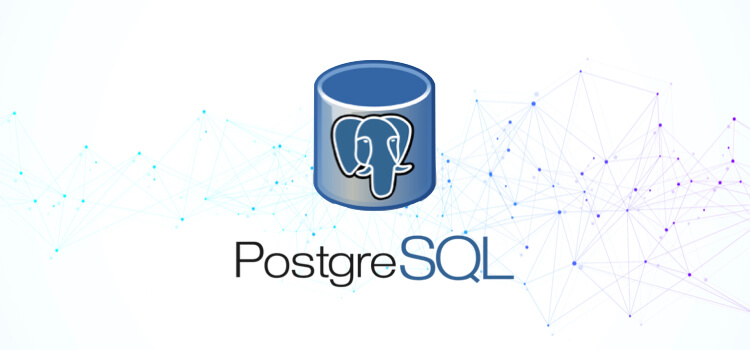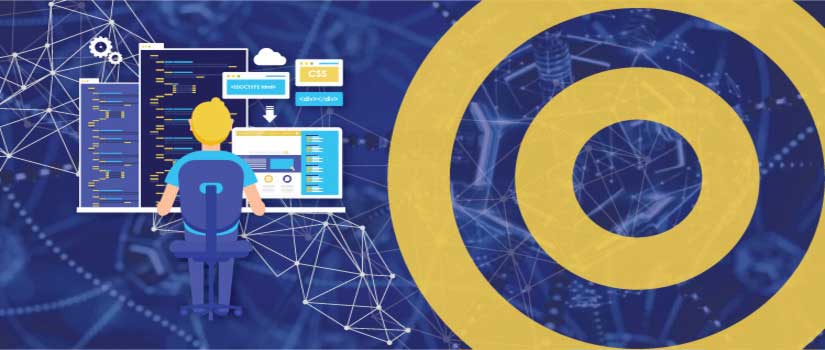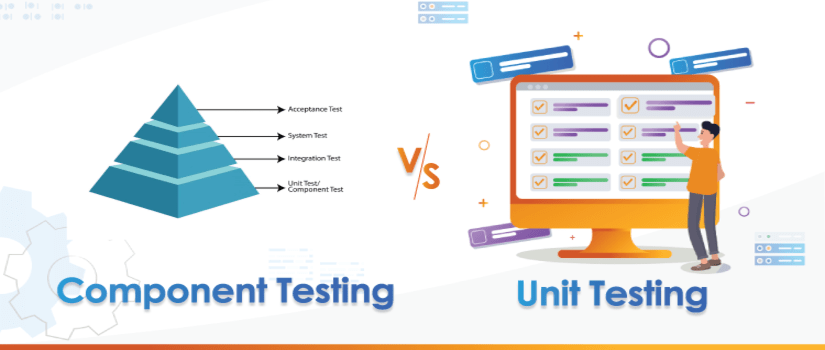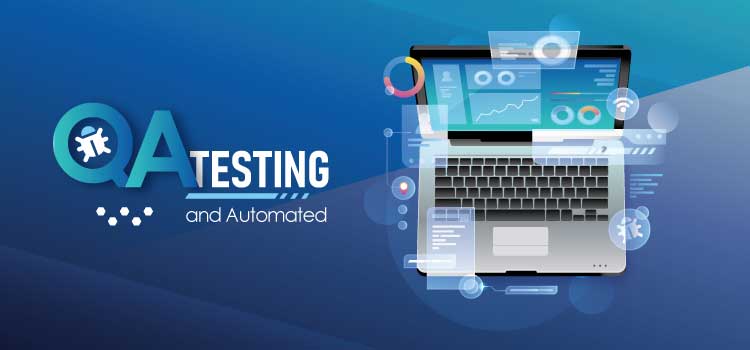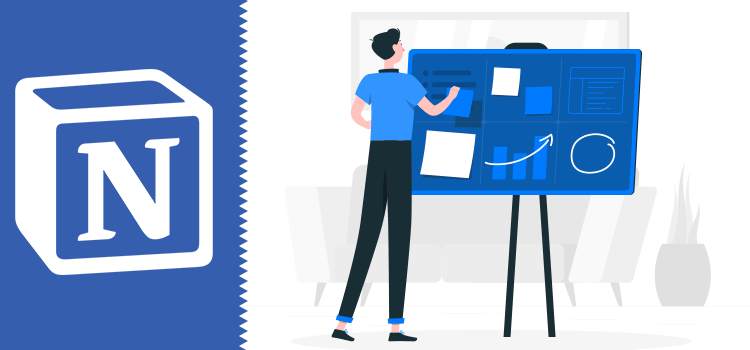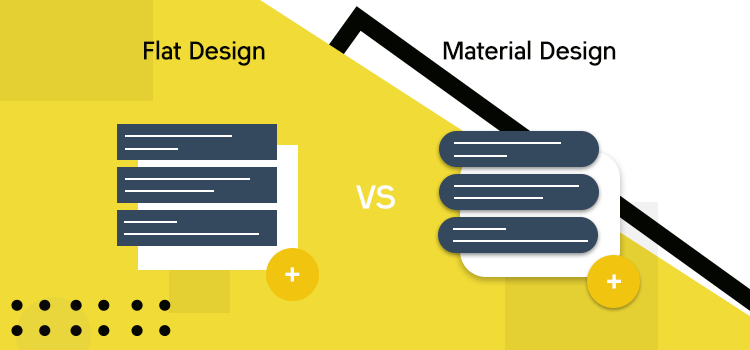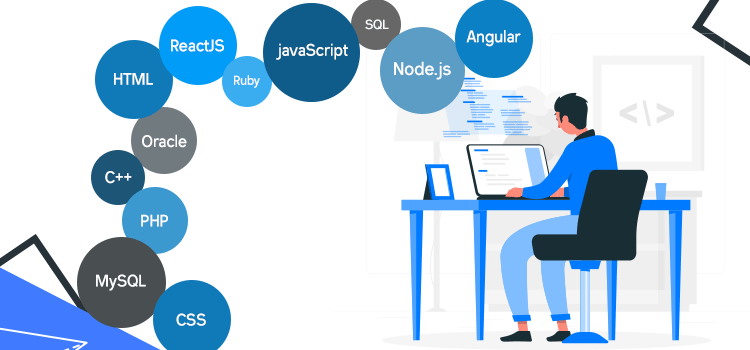PostgreSQL is an open-source database management system of an enterprise-class. Supports both SQL for relational and JSON for non-relative queries. It is supported by an experienced community of developers who have made an enormous contribution to making it a highly reliable DBMS system.
PostgreSQL offers specialized data types and performance optimization, capabilities that are only available in the expensive commercial database, such as Oracle and SQL Server.
Features Of PostgreSQL
PostgreSQL provides several features to help developers create apps to help administrators create fault-tolerant environments by protecting the integrity of data. Below are some of PostgreSQL's most prominent features:
• Compatible with different platforms which use all major languages and middleware
• It has an incredibly sophisticated locking mechanism
• Multi-version concurrency control support
• Mature programming features on the Server-side
• Complies with standard ANSI SQL
• Total support for the architecture of client-server networks
• SSL replication, based on logs and triggers
• High availability and standby server
• Object-oriented, and compliant with ANSI-SQL2008
• JSON support allows links to other data stores such as NoSQL, which serve as a federated repository for polyglot databases.
MYSQL Or POSTGRESQL
Pros Of PostgreSQL
• As an alternative to the LAMP stack, PostgreSQL can run dynamic websites and web applications.
• Write-ahead logging by PostgreSQL renders this as a highly compliant database.
• The source code for PostgreSQL is freely available under an open-source license. This provides you with the right to use, change, and execute it according to your business needs.
• PostgreSQL supports spatial objects so that they can be used for local infrastructure and geographic information systems.
• You don't need much experience to learn Postgres, as it is easy to use.
• Low maintenance control for both business and embedded use.
Cons Of PostgreSQL
• Postgres is not a part of any entity. And, despite being completely featured and equivalent to other DBMS systems, it had problems getting its name out there.
• Modifications made to increase speed need more research than MySQL since PostgreSQL focuses on compatibility.
• Most open-source applications support MySQL but PostgreSQL might not be supported.
• This is slower on the performance metrics than MySQL.
Summary
PostgreSQL is an enterprise-level open-source database management system developed by Michael Stonebraker, professor of computer science, and his team. It is compatible with all major languages and middleware on different platforms. It is free and open-source software, which ensures that you will never have to pay for this service. PostgreSQL will run interactive websites and web apps as a LAMP stack alternative. It supports JSON data.
PostgreSQL is commonly used in the financial sector, government GIS data, engineering, cloud technology and NoSQL, and in the processing of scientific data.
If you have any database needs, please feel free to Contact us.

